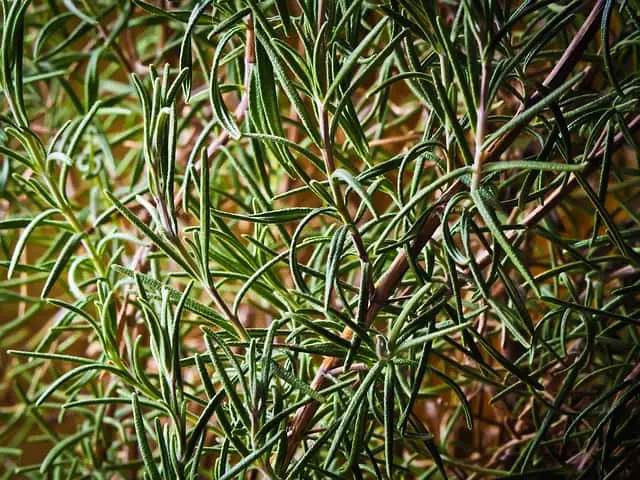Rosemary and thyme are two herbs that are often used in Mediterranean and Middle Eastern cuisine to add flavor and depth to dishes. Both herbs have a long history of use in cooking and medicine, and are known for their distinct aromas and flavors.
But can you combine rosemary and thyme in the same dish?
Let’s explore this question in more detail.
Rosemary and thyme flavor profiles
First, it’s important to understand the flavor profiles of each herb. Rosemary has a piney, slightly bitter flavor with a strong aroma, while thyme has a more subtle, earthy flavor with a slightly sweet and minty aroma. These two herbs can complement each other well, as the stronger flavor of rosemary can help balance out the more delicate flavor of thyme.
When it comes to combining these herbs in a recipe, it’s important to consider the quantities used. Too much rosemary can overpower the flavor of thyme, while too much thyme can make the dish taste too earthy. Generally, a good rule of thumb is to use equal amounts of rosemary and thyme, or to use slightly more thyme if you prefer a more subtle flavor.
There are many ways to use rosemary and thyme together in cooking. They can be added to roasted vegetables, potatoes, or meats, such as chicken, lamb, or beef. They can also be used in marinades or rubs, or added to soups and stews for added depth of flavor. Rosemary and thyme can even be combined in a homemade herb butter or infused oil to use as a condiment.
In addition to their culinary uses, rosemary and thyme also have many health benefits. They are both rich in antioxidants and have anti-inflammatory properties, which can help boost the immune system and protect against chronic diseases.
Rosemary vs thyme comparison
| Characteristic | Rosemary | Thyme |
|---|---|---|
| Flavor | Piney, slightly bitter | Subtle, earthy, slightly sweet and minty |
| Aroma | Strong | Slightly sweet and minty |
| Culinary uses | Roasted vegetables, potatoes, meats, marinades, rubs, soups, stews | Roasted vegetables, potatoes, meats, marinades, rubs, soups, stews |
| Health benefits | Rich in antioxidants, anti-inflammatory properties | Rich in antioxidants, anti-inflammatory properties |
| Plant appearance | Woody, needle-like leaves, small blue flowers | Small, narrow leaves, small pink, purple or white flowers |
| Growing conditions | Full sun, well-drained soil | Full sun, well-drained soil |
| Companion planting | Beans, cabbage, carrots, sage, thyme | Brassicas, cucumbers, eggplant, tomatoes |
| Medicinal uses | Improve digestion, relieve pain, boost memory and concentration | Treat respiratory infections, soothe sore throats and coughs, relieve digestive issues |
Overall, while there are some differences between the two herbs, they share many similarities in terms of flavor, aroma, culinary uses, and health benefits. Both rosemary and thyme are versatile herbs that can add depth and flavor to a wide range of dishes, making them essential ingredients in any kitchen.
Final thoughts
Combining rosemary and thyme is not only possible but can be a great way to add flavor and depth to your dishes. Just remember to use them in moderation and to balance their distinct flavors carefully.
With a little experimentation, you can create delicious and healthy dishes that feature these two popular herbs.

